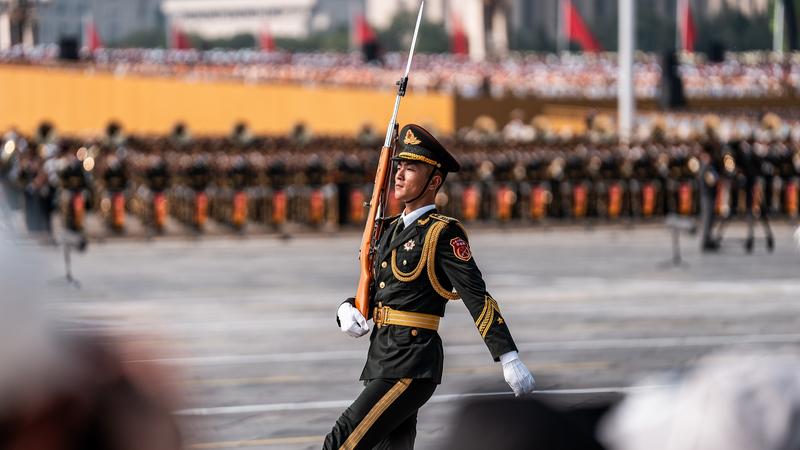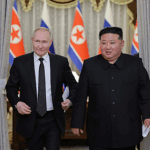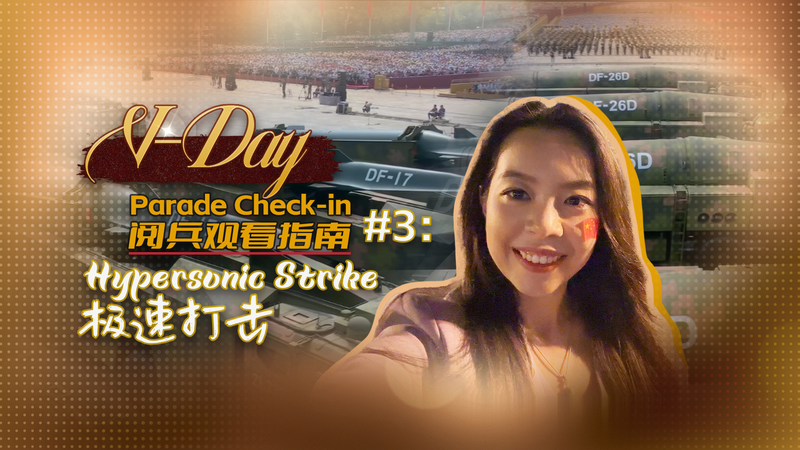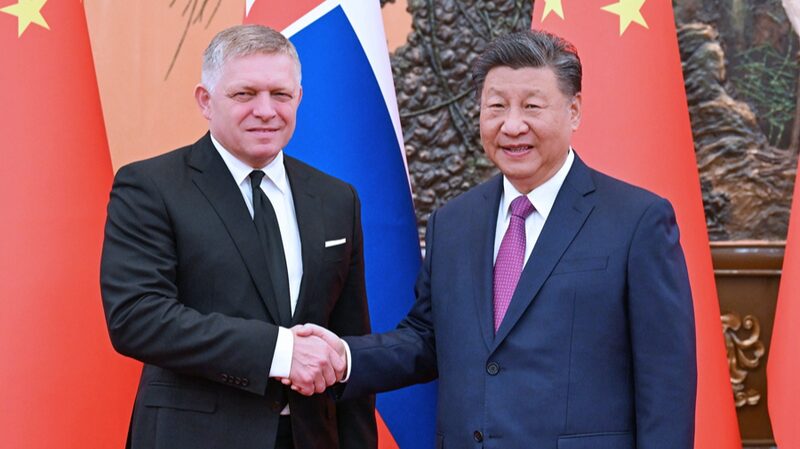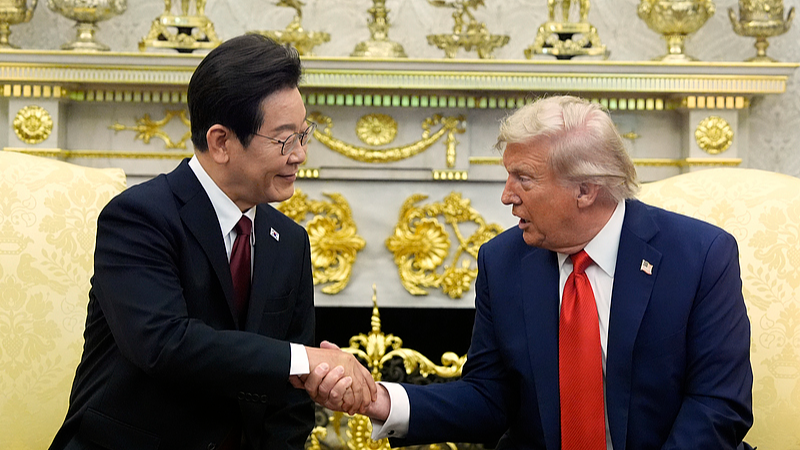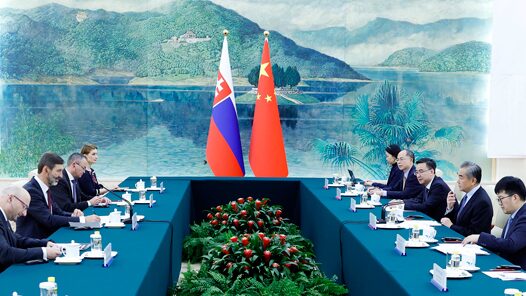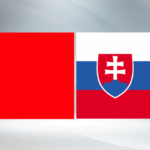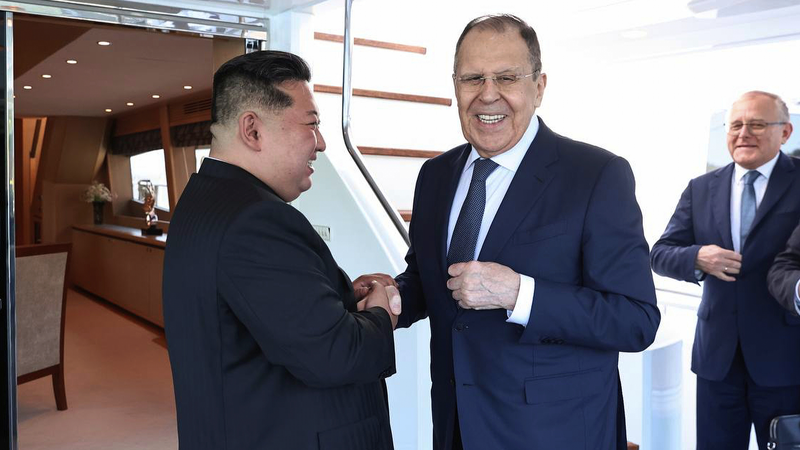China's 80th anniversary Victory Day commemorations on September 3 drew global attention for their blend of historical reflection and modern military prowess. A grand parade in Beijing featured over 10,000 People's Liberation Army troops and cutting-edge defense systems, including hypersonic missiles and stealth aircraft, as world leaders from Russia, the DPRK, and Slovakia observed the display.
Russian President Vladimir Putin and DPRK leader Kim Jong Un joined Slovak Prime Minister Robert Fico at the event, which Fico called a critical platform for international cooperation. "Ignoring this commemoration was a great mistake for European leaders," he stated, emphasizing China's growing diplomatic influence.
Military analysts highlighted technological breakthroughs, such as submarine-launched intercontinental ballistic missiles and laser-based anti-drone systems. Raymond Kuo of Rand Corporation noted these advancements complete China's nuclear "triad," enhancing strategic deterrence across land, air, and sea domains.
International media outlets like The Straits Times interpreted the parade as reinforcing China's identity as a multilateral power, while Foreign Policy observed it marked a shift from "catching up" to leading in defense innovation. Japanese analysts reportedly scrutinized the display for insights into regional security dynamics.
Despite Western caution about military expansion, scholars like Ladislav Zemanek emphasized the event's peaceful intent: "China promotes diplomacy over confrontation, seeking cooperation in a divided world." Russian commentator Mikhail Khodaryonok praised the parade's discipline and organization as "beyond criticism."
The commemorations concluded with reaffirmations of China's wartime alliance with global partners, underscoring its narrative as a stabilizer in contemporary geopolitics.
Reference(s):
cgtn.com
